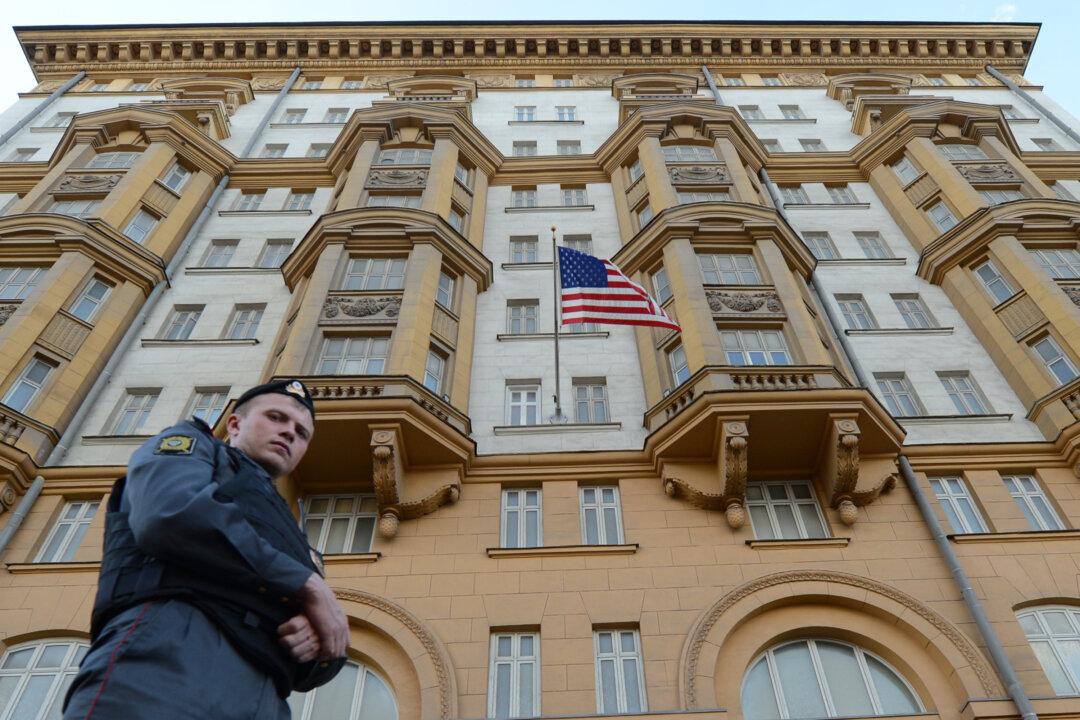American spy-catchers uncovered a suspected Russian mole that had been working in the U.S. embassy in Moscow for over 10 years, according to the British newspaper The Guardian, citing an anonymous source close to the matter.
The paper alleges the female agent had access to the intranet and email systems of the U.S. Secret Service, giving her access to potentially classified material, including the schedules of the president and vice-president.





